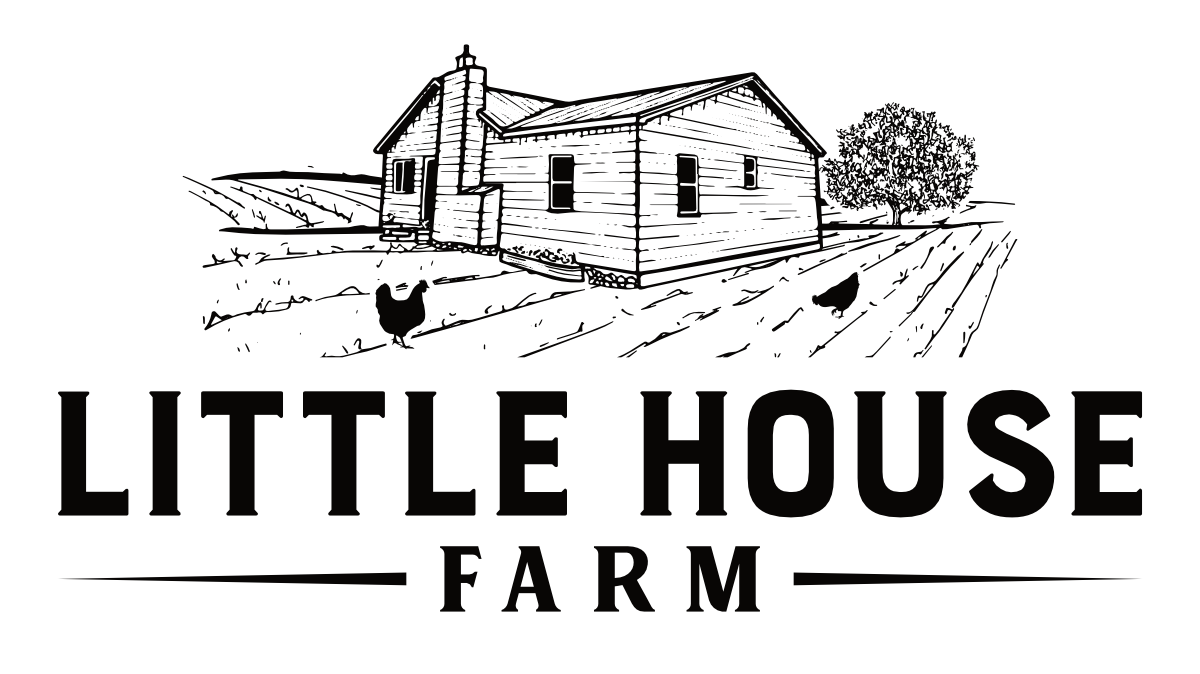Cayenne pepper is a fiery spice renowned for adding heat to our meals, but did you know it might also offer benefits for your backyard chickens? As poultry keepers seek natural alternatives for flock health, cayenne pepper has emerged as a popular choice, particularly for its potential anti-parasitic and deworming effects. In this blog post, we’ll explore whether cayenne pepper is good for chickens, how to use it appropriately, and what benefits and risks are associated with its use.
The Benefits of Feeding Cayenne Pepper to Chickens
1. Natural Parasite Control
Cayenne pepper contains capsaicin, the active compound responsible for its heat. Capsaicin is believed to create an unfavorable environment for internal parasites like worms. Some poultry enthusiasts claim that adding cayenne pepper to chicken feed can help reduce parasite loads by deterring worms from settling in the digestive tract.
2. Immune System Support
Capsaicin may boost the immune system, helping chickens fend off infections more effectively. A stronger immune response can make your flock more resilient to diseases, including those caused by parasites.
3. Improved Circulation and Metabolism
Cayenne pepper can stimulate circulation and enhance metabolism. Better blood flow ensures that nutrients are efficiently transported throughout the body, promoting overall health and vitality.
4. Rodent Deterrent
Birds, including chickens, lack the receptors to feel the heat from capsaicin, so they are unaffected by the spice’s heat. However, rodents find the heat unpleasant. Adding cayenne pepper to chicken feed can deter rodents from raiding feed supplies, helping to keep your coop pest-free.
5. Enhanced Egg Production
Some chicken keepers report an increase in egg production after introducing cayenne pepper into their hens’ diet. While scientific evidence is limited, it’s possible that the spice stimulates laying hens, especially during colder months when egg production often declines.
How Much Cayenne Pepper Is Appropriate?
When incorporating cayenne pepper into your chickens’ diet, moderation is key:
- Dosage: A general guideline is to add 1 to 2 tablespoons of cayenne pepper per 10 pounds of feed. Ensure the pepper is thoroughly mixed to achieve even distribution.
- Frequency: Offer cayenne-infused feed once or twice a week. During times when parasites are more prevalent, you might increase the frequency slightly.
- Gradual Introduction: Start with smaller amounts to observe how your chickens respond before increasing to the recommended dosage.
Remember, chickens do not perceive capsaicin’s heat as mammals do, so the spice should not affect their feed intake when used appropriately.
Potential Risks and Considerations
1. Limited Scientific Evidence
While anecdotal reports suggest benefits, there is limited scientific research confirming the effectiveness of cayenne pepper as a dewormer or anti-parasitic agent in poultry. It should not replace conventional parasite control methods prescribed by a veterinarian.
2. Respiratory Irritation
The fine powder of cayenne pepper can become airborne when mixing into feed, potentially irritating the respiratory systems of both humans and chickens.
- Mix Carefully: Add the pepper slowly and mix in a well-ventilated area.
- Protect Yourself: Wear a mask to prevent inhalation and consider mixing outside if possible.
3. Overuse May Be Counterproductive
Excessive amounts of cayenne pepper could potentially lead to reduced feed intake if chickens find the feed unpalatable, despite their limited sensitivity to capsaicin.
4. Not a Standalone Treatment
Cayenne pepper should be part of an integrated parasite management plan, including regular coop cleaning, proper sanitation, and veterinarian-approved deworming treatments when necessary.
Best Practices for Using Cayenne Pepper as an Anti-Parasitic
- Quality Matters: Use high-quality, food-grade cayenne pepper without additives or preservatives.
- Consistency: Regular, moderate supplementation is more effective than sporadic large doses.
- Monitor Your Flock: Observe your chickens for any changes in behavior, feed intake, or egg production after introducing cayenne pepper.
- Combine with Good Husbandry: Maintain clean living conditions, provide fresh water, and offer a balanced diet to support your chickens’ overall health.
- Consult a Veterinarian: Before relying on cayenne pepper for parasite control, seek advice from a poultry veterinarian to ensure it’s appropriate for your flock’s specific needs.
Conclusion
Cayenne pepper may offer potential benefits for your chickens, including aiding in natural parasite control and possibly boosting egg production. However, due to limited scientific evidence, it should not replace conventional deworming treatments or veterinary care. By thoughtfully incorporating cayenne pepper into your flock’s diet and closely monitoring their health, you can explore its potential advantages while ensuring the well-being of your backyard chickens.
Disclaimer: The information provided in this blog post is for educational purposes only and is not a substitute for professional veterinary advice. The effectiveness of cayenne pepper as an anti-parasitic in poultry is not fully established, and results may vary. Always consult with a qualified veterinarian before making significant changes to your animals’ diet or health regimen, especially concerning parasite control.
